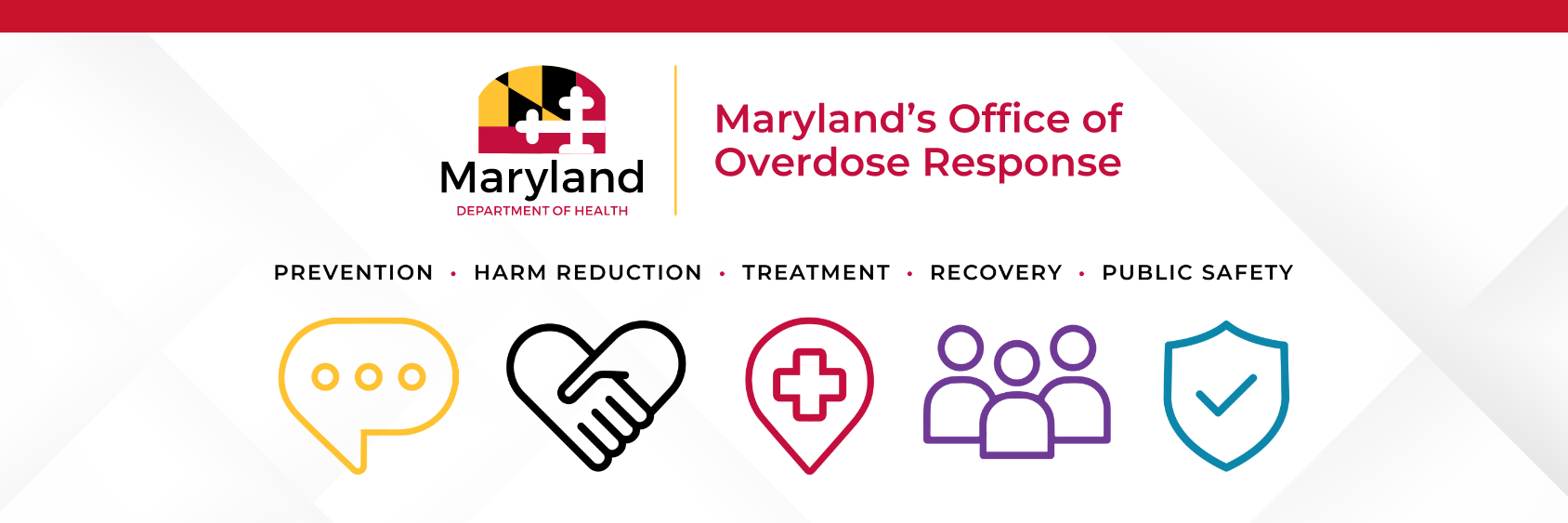Legislation Improving Sharing of Overdose Information Passes Maryland General Assembly
Enhances Heroin and Opioid Overdose Prevention Efforts
April 11, 2018
ANNAPOLIS, MD — To further the Hogan Administration’s efforts to improve data sharing and coordination, Governor Larry Hogan’s proposed legislation will allow emergency medical services providers and law enforcement officers to input and share data about opioid overdoses.
The Overdose Data Reporting Act will enable first responders to track this information and allocate resources, including life-saving naloxone, in near real time to respond to an extremely potent batch of opioids in a specific area. The legislation will make Maryland one of 27 states and nearly 300 agencies to use this technology to inform first responders, identify national trends, and prevent overdose deaths.
“An emergency medical services provider or a law enforcement officer who treats and releases or transports to a medical facility an individual experiencing a suspected or an actual overdose may report the incident using an appropriate information technology platform with secure access, including the Washington/Baltimore High Intensity Drug Trafficking Area (W/B-HIDTA) overdose detection mapping application program, or any other program operated by the federal government or a unit of State or local government.” (“House Bill 359,” Maryland General Assembly, 3/30/18)
“This will provide several avenues for sharing near real-time information on drug overdoses occurring across Maryland and regionally, which is vital to more effectively coordinating the response to the opioid epidemic,” said Clay Stamp, executive director of the Opioid Operational Command Center. “The Opioid Operational Command Center works to support the 24 opioid intervention teams – and with this enhanced data-sharing ability, we will be better positioned to shift resources like mobile crisis teams in advance of spikes, alert for spikes, and direct resources to areas of need.”
“The Anne Arundel County Department of Health has utilized this application developed by the W/B-HIDTA program for over a year,” said Fran Phillips, acting health officer, Anne Arundel County. “It frames the story of overdoses in the county and informs the department’s timely response to this public health emergency. Expanding sharing of overdose information is the next step toward a more robust opioid response at the local level.”
Opioid intervention teams (OITs) are set up at the local level in each of Maryland’s 24 jurisdictions and led by the emergency manager and health officer. They are multi-agency coordination bodies that coordinate with the community, and complement and integrate with the statewide opioid response effort.
Before It’s Too Late is the state’s effort to bring awareness to the heroin and opioid epidemic-and to mobilize resources for effective prevention, treatment, and recovery. Marylanders grappling with a substance use disorder can find help at BeforeItsTooLateMD.org and 1-800-422-0009, the state crisis hotline.


 1-888-373-7888
1-888-373-7888 233733
233733